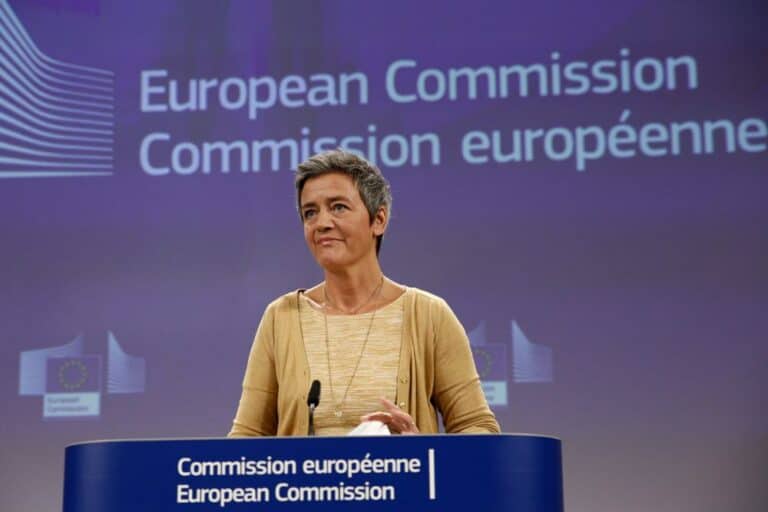The European Parliament approved the Digital Markets Act and Digital Services Act. Large technology companies will soon be confronted with stricter rules.
Abuse of power is punishable in business. Whenever a large company tries to bully a small party out of business, European laws ensure that the company is liable. Some laws are more than ten years old. Technology changes faster than the legal system. As a result, enforcers are finding it increasingly difficult to regulate large companies.
The Digital Markets Act and Digital Services Act tackle the problem. Both packages introduce new rules for technology companies, giving the European Commission and member states more control over business and markets. The rules were recently approved by the European Parliament. This means that the rules will take effect in the coming months.
Digital Markets Act
The Digital Markets Act focuses on the world’s largest technology organizations, described as ‘gatekeepers’. These organizations meet three requirements. First, a ‘gatekeeper’ operates in at least three member states with an annual turnover of €7.5 billion or a market share of €75 billion. Second, a ‘gatekeeper’ has 45 million users per month or 10,000 European business users per year. Finally, a ‘gatekeeper’ has to meet both conditions for three consecutive years.
Meta, Google and Microsoft are examples of ‘gatekeepers’. One of the new rules requires operating system developers to allow third-party apps and app stores. Hence, Apple and Google are no longer permitted to restrict users to the App Store and Play Store. Violations can result in a penalty of 10 percent of the company’s worldwide turnover.
The DMA takes effect in roughly seven months. Organizations must personally review whether they meet the conditions of a ‘gatekeeper’ category. If so, the organization is obliged to contact the Commission. If an organization fails to do so and is found out at a later stage, the organization is liable for all previous violations.
Digital Services Act
The Digital Services Act is broader. Both large, medium and small organizations face new obligations. The rules differ per organization, size and sector. The Commission published an overview on its website. One of the rules forces marketplace providers to allow user reports of illegal content. Furthermore, users that sell products may no longer be anonymous.
Social media providers have to communicate with users that are banned by a moderator or system. If your post is removed by a LinkedIn moderator, you have the right to know why. Advertisements may no longer be directed at users on the basis of religion, origin, political colour or sexual preference.
The DSA goes into effect on two dates. The first date applies to “very large online platforms”. These are platforms with more than 45 million active users. They have additional obligations, including combating fake news, violence against women and violence against children. Violations can result in fines of up to 6 percent of worldwide turnover.
The rules for platforms with fewer than 45 million active users enter into force on 1 January 2024. These platforms are not supervised by the European Commission, but by member states. It’s up to a member state to determine the fines for violations.
